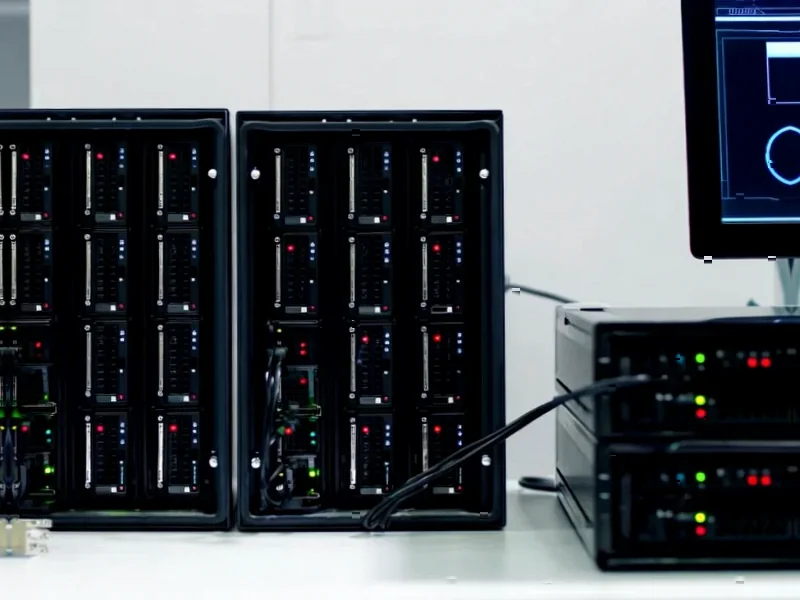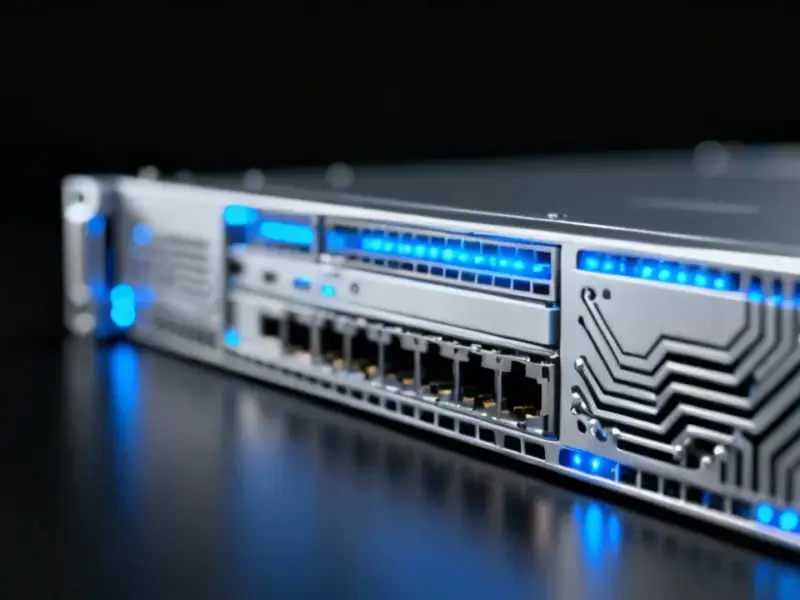According to XDA-Developers, Canonical’s MicroCloud is a server platform that aggregates multiple services including LXD for virtualization, MicroCeph for distributed storage, and MicroOVN for network management into a unified system. The platform runs on existing Linux distributions rather than being a full operating system itself, with Ubuntu Server being the recommended base. Testing revealed surprisingly easy deployment using snap packages and a straightforward web interface accessible via port 8443, with successful creation of a 3-node cluster using basic commands. While the platform offers solid performance for both containers and virtual machines, it lacks dedicated backup utilities and extensive community scripts compared to established alternatives like Proxmox.
Canonical’s Strategic Home Lab Gambit
Canonical’s entry into the home lab space with MicroCloud represents a calculated expansion beyond their traditional Ubuntu server and cloud offerings. This move targets the growing DIY infrastructure market where enthusiasts and small businesses are building private cloud environments. What’s particularly interesting is their approach of layering MicroCloud on existing systems rather than creating another full distribution. This positions them strategically against competitors like Proxmox VE and XCP-ng that require dedicated installations. The modular snap-based architecture suggests Canonical is testing enterprise features in a more forgiving environment before potentially scaling them to commercial products.
Technical Advantages and Hidden Limitations
The integration of LXD, MicroCeph, and MicroOVN creates a compelling technical stack that few home lab platforms can match. LXD’s ability to handle both containers and VMs through a unified interface addresses a significant pain point in multi-workload environments. However, the source’s mention of manual service installation reveals a critical gap in user experience. Unlike Proxmox’s extensive template library or TrueNAS’s appliance-like approach, MicroCloud assumes significant Linux administration knowledge. The absence of built-in backup tools is particularly concerning for production use cases, where data protection isn’t optional but essential.
The Community Ecosystem Challenge
Where MicroCloud faces its steepest challenge is competing with established platforms’ community ecosystems. Proxmox benefits from thousands of community scripts, plugins, and documentation resources developed over more than a decade. XCP-ng’s XO management interface has evolved through extensive community feedback and contributions. MicroCloud enters this space as essentially a Canonical-curated product without the grassroots development history that makes alternatives so resilient. The platform’s success will depend heavily on whether Canonical can foster similar community engagement or if it remains primarily a corporate-driven project.
Performance Versus Practicality Trade-offs
The lightweight architecture praised in the testing comes with practical trade-offs that home lab users should carefully consider. While the snap-based installation simplifies deployment, it creates dependency on Canonical’s packaging system and update schedules. The distributed storage through MicroCeph offers enterprise-grade capabilities but introduces complexity that many home users might not need. For single-node setups or small clusters, traditional solutions like ZFS replication or even simple rsync scripts might provide adequate redundancy without the overhead of maintaining a Ceph cluster.
Market Positioning and Future Outlook
MicroCloud occupies an interesting middle ground between lightweight solutions like Docker Swarm and full enterprise platforms like VMware vSphere. Its success will depend on Canonical’s commitment to the home lab segment, which has historically been underserved by major vendors. The platform shows promise for users who have outgrown single-server setups but aren’t ready for full enterprise solutions. However, without addressing the backup gap and building stronger community resources, MicroCloud risks remaining a niche solution for Canonical enthusiasts rather than becoming a mainstream home lab platform.




